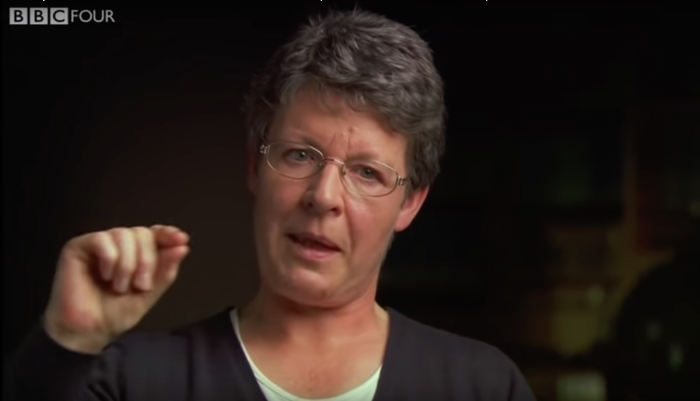Women are two and a half times less likely to ask questions in seminars, study finds
Women account for 59 per cent of undergraduate degrees, but only 47 per cent of PhD graduates and just 21 per cent of senior faculty positions in Europe

A new study has found that women are two and a half times less likely to ask a question in academic seminars than men. The research, combining survey data with observations from almost 250 seminars at 35 institutions across 10 different countries, reveals some of the underlying factors behind this disparity, and offers potential solutions for addressing them.
The study joins a growing body of work seeking to tackle the lack of women in academia, referred to as the ‘leaky pipeline’ problem of representation. Women account for 59 per cent of undergraduate degrees, but only 47 per cent of PhD graduates and just 21 per cent of senior faculty positions in Europe.
Dr Alecia Carter, the lead author of the study and at the time a Junior Research Fellow at Churchill College, told Varsity how the idea for undertaking this research came to her from a chance observation she and one of her co-authors, Dr Dieter Lukas, made at a seminar. “We attended a seminar about sex differences in cognitive tasks and I commented that it was ‘interesting’ that all of the questions were from male audience members. Dieter pointed out that most of the audience were women, which got us wondering whether this phenomenon was more general.”
The study, published last week in PLOS One, confirms that the issue is indeed much more widespread, with the number of questions asked by women both absolutely and proportionally lower in the observed seminars. Survey results from over 600 academics in 20 countries revealed an existing awareness of the imbalance, especially among the female respondents. While a large number of both men and women reported sometimes thinking of a question and not asking it, their reasoning for this tended to differ. Women placed more significance on internal factors such as not feeling clever enough, finding the speaker intimidating, or simply being unable to work up the nerve.
Recommendations in the paper for improving the visibility of women in academic seminars focus on immediate changes that can be implemented by moderators during question and answer sessions. These include allocating more time for questioning or keeping the questions short so more can be asked, as a greater number of questions tends to include a greater proportion from women, and prioritising a female-first question, to counter ‘gender stereotype activation’ and increase the likelihood that subsequent questions will be asked by women.
Dr Carter stresses that these are just simple, initial steps that can be taken, rather than an easy fix, and there is much still to be done in order to permanently resolve the imbalance. “This larger problem of attrition can only be addressed by lasting changes in the academic culture that break gender stereotypes and provide an environment that everyone can feel a part of,” she said.
Although the current lack of visible role models for women in academia is problematic, the research has demonstrated that women are no less likely to ask questions when the conditions are favourable. Carter feels hopeful that the scientific community will be receptive to change, saying “I’ve been humbled by the positive responses we’ve received about the work and the corroborating data and anecdotes from people’s personal experiences that have come up... Overall, it feels like much of the scientific community is on board and happy to have some data-driven recommendations for how to address the imbalance.”
 News / Cambridge academics stand out in King’s 2026 Honours List2 January 2026
News / Cambridge academics stand out in King’s 2026 Honours List2 January 2026 Interviews / You don’t need to peak at Cambridge, says Robin Harding31 December 2025
Interviews / You don’t need to peak at Cambridge, says Robin Harding31 December 2025 Comment / What happened to men at Cambridge?31 December 2025
Comment / What happened to men at Cambridge?31 December 2025 Features / “It’s a momentary expression of rage”: reforming democracy from Cambridge4 January 2026
Features / “It’s a momentary expression of rage”: reforming democracy from Cambridge4 January 2026 News / Varsity’s biggest stories of 202531 December 2025
News / Varsity’s biggest stories of 202531 December 2025










